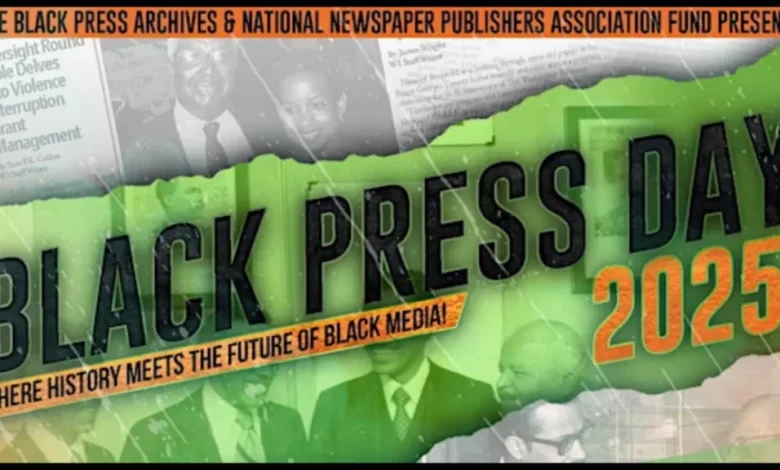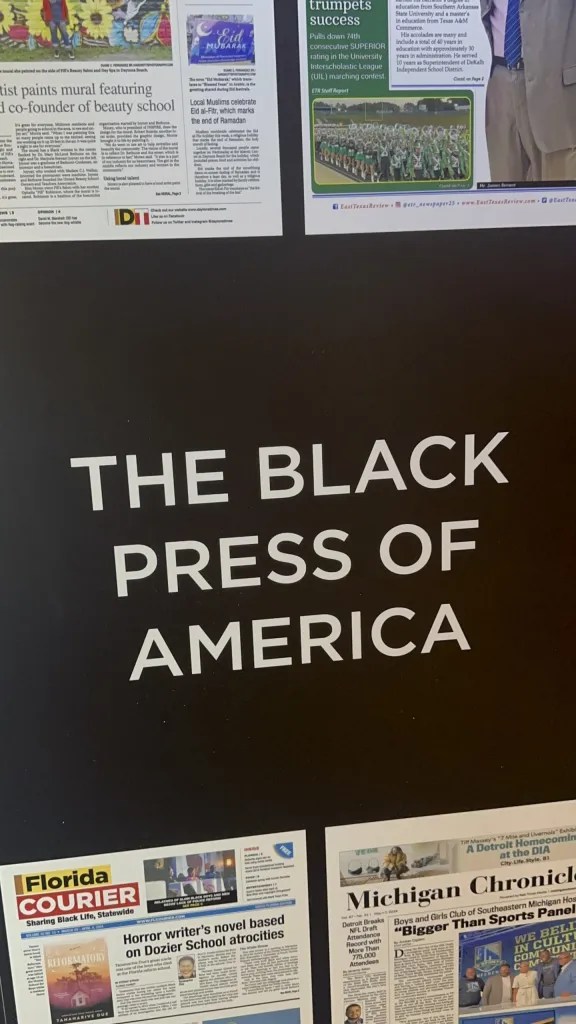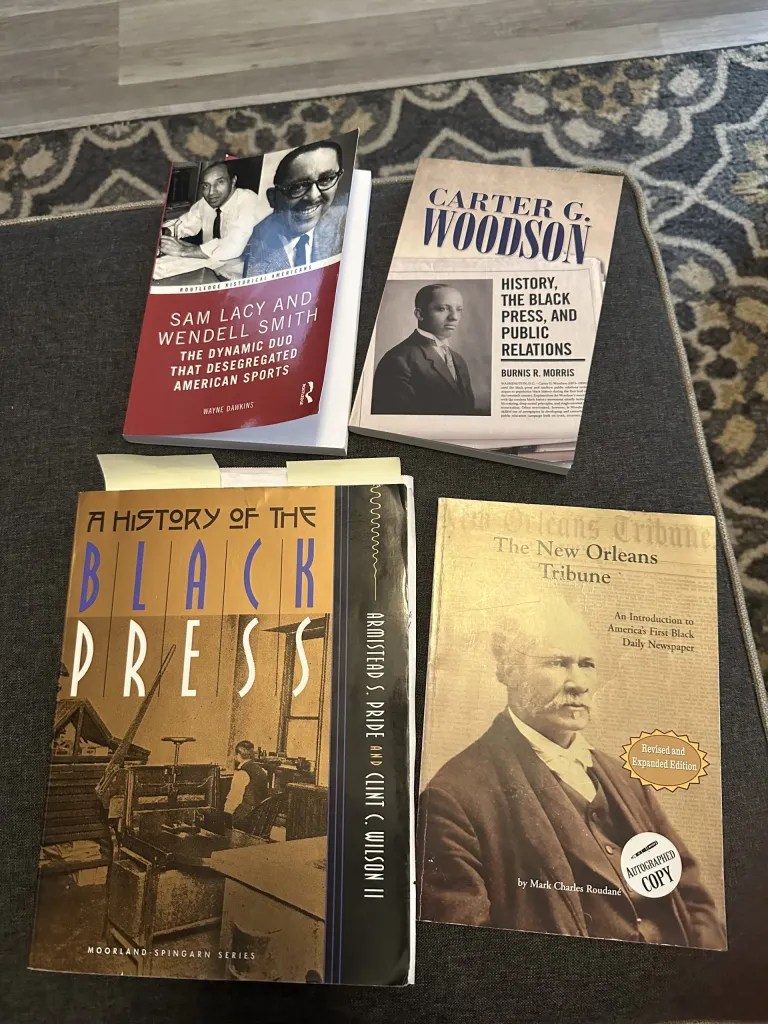Black Press Day 2025: Celebrating 198 Years of Black Media

Honoring nearly 200 years of Black journalism
On March 16, 1827, Freedom’s Journal became the first Black-owned and operated newspaper in the United States. Its founders, John R. Russwurm and Samuel E. Cornish, launched a publication that gave Black Americans something they had long been denied—a voice.
That voice, carried through generations of Black newspapers, remains as powerful today as ever.
On Black Press Day, we celebrate the history, resilience, and critical role of Black media in amplifying our stories, holding institutions accountable, and ensuring that Black communities are represented accurately—by us, for us.
A legacy of truth and advocacy

Black newspapers are nearly as old as the United States itself. While the country prepares to mark its 249th birthday in July, Black newspapers have been documenting our history, struggles, and triumphs for 198 years.
According to the National Newspaper Publishers Association (NNPA), which has represented Black-owned newspapers since 1840, there are currently:
- 245 Black print publications
- 13 digital publications serving Black communities across the nation
“The Black Press of America remains on the front lines of authentic journalism, reporting factual news,” said Dr. Benjamin F. Chavis Jr., NNPA president and CEO, during this year’s Black Press Day event at Howard University.
“For the past 198 years, since the first publication of Freedom’s Journal, the Black Press continues to be an active advocate for freedom, justice, equality, empathy, and empowerment.”
As Black newspapers navigate an increasingly digital world, the mission of the Black Press remains unchanged—to provide an unfiltered and unapologetic voice for Black people.
Minnesota Spokesman-Recorder: A legacy of Black journalism
Here in Minnesota, we are proud to be part of this historic tradition. The Minnesota Spokesman-Recorder (MSR), founded in 1934 by Cecil E. Newman, is the state’s oldest Black-owned newspaper and a pillar of Black media in the Midwest.
Originally published as the Minneapolis Spokesman and St. Paul Recorder, these papers merged to create one of the most trusted voices for Black Minnesotans. For 91 years, MSR has covered civil rights movements, local politics, education, business, and Black culture, ensuring our stories are told.
A call for revival and resilience
While the Black Press has survived nearly two centuries of challenges, it continues to fight for space, resources, and recognition in an ever-changing media landscape.
Chavis called for a revival of the Black Press and the Black Church, emphasizing the need for community-driven meetings—similar to those held during the civil rights era—where Black publishers and faith leaders come together to outline progress.
“We’re not going to make progress without our people,” Chavis said. “We have to represent and touch our people, our communities. They have to know that when we are out there on the front line, we represent their interests.”
With over 50 million Black Americans today, Chavis emphasized that the Black Press remains essential in ensuring Black voices are heard.
“The largest Black population in American history is now openly and unapologetically demanding freedom, justice, equality, democracy, and equity,” he said. “The dissemination of this message and narrative is only accurately done by the Black Press in 2025 and beyond.”
Black newspapers: A history that cannot be erased

Even as many publications transition to digital formats, Black newspapers remain an irreplaceable part of American history. Many books have documented their impact, including:
- History of the Black Press by Armistead S. Pride and Clint C. Wilson II
- The African American Newspaper: Voice of Freedom by Patrick S. Washburn
- The Defender: How the Legendary Black Newspaper Changed America by Ethan Michaeli
- This Is Our War by Dr. Frances “Toni” Draper
These books, and the newspapers they celebrate, serve as a testament to the power of Black journalism, ensuring that Black history, culture, and voices continue to be recognized.
The future of the Black Press
As the media industry faces economic and digital challenges, Black newspapers must adapt while staying true to their mission.
Chavis urged publishers to embrace new technologies and platforms while maintaining the heart of Black media—print journalism.
“The value of the Black Press cannot and should not be understated or underestimated,” he said. “Print is how we make the impact, even in the digital age.”
Despite the uncertainties of the 47th presidential administration and an ever-changing media landscape, one thing remains certain:
The Black Press is here to stay.
“Others for too long have spoken for us. We wish to plead our own cause.”
That declaration, made by Freedom’s Journal nearly 200 years ago, still rings true today.
Contributions from Tashi McQueen, AFRO Political Writer, and Donnell Suggs, Atlanta Voice
